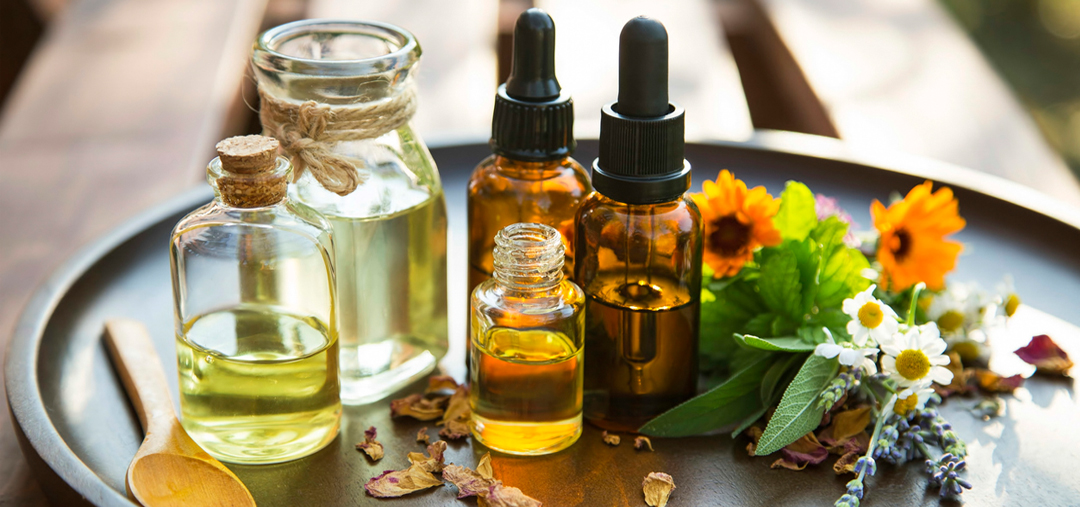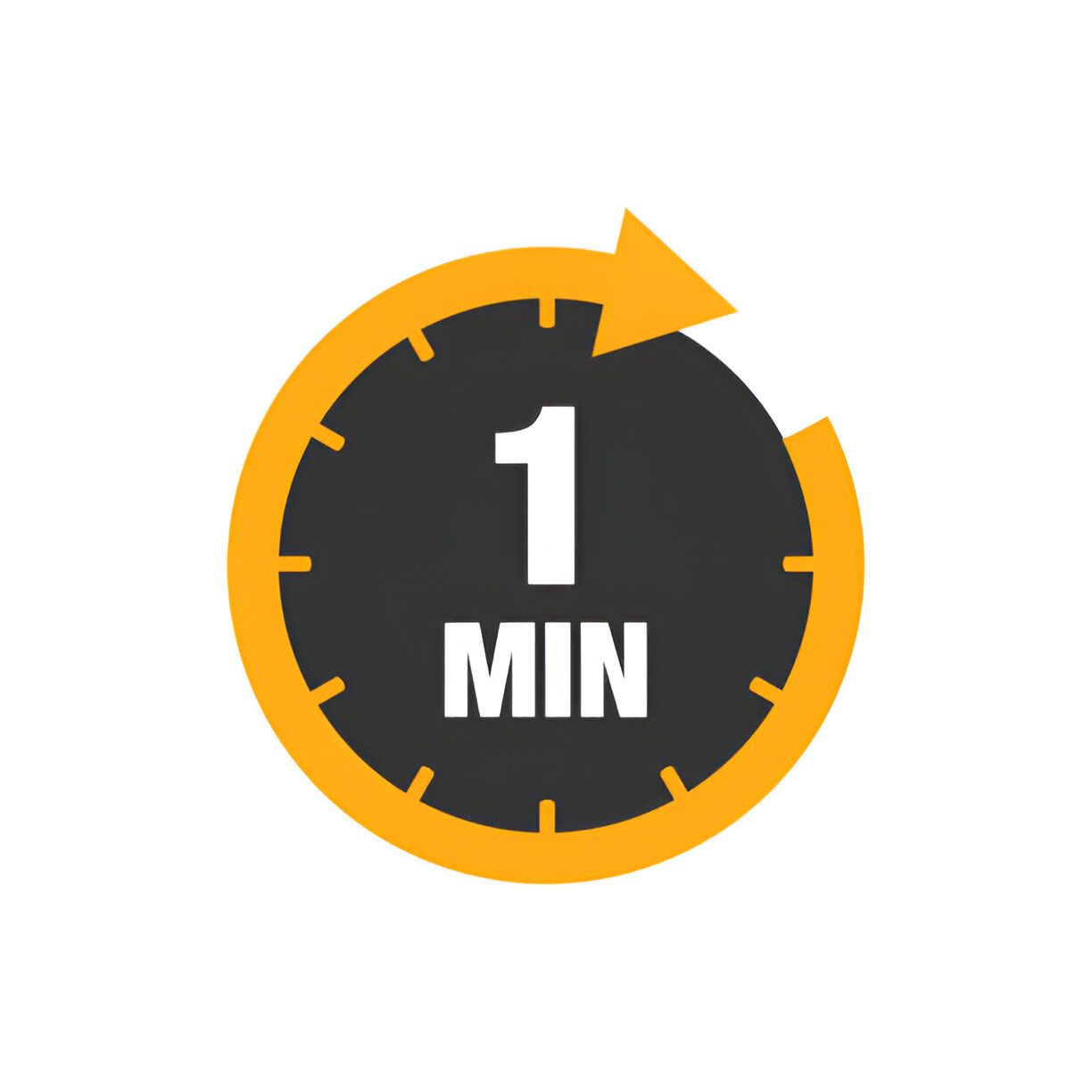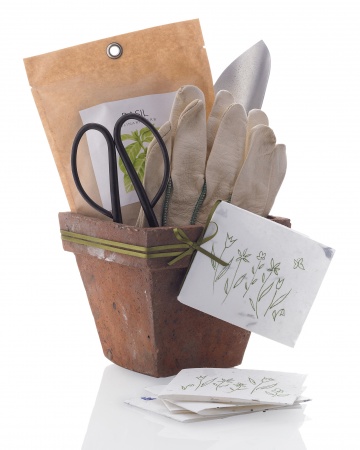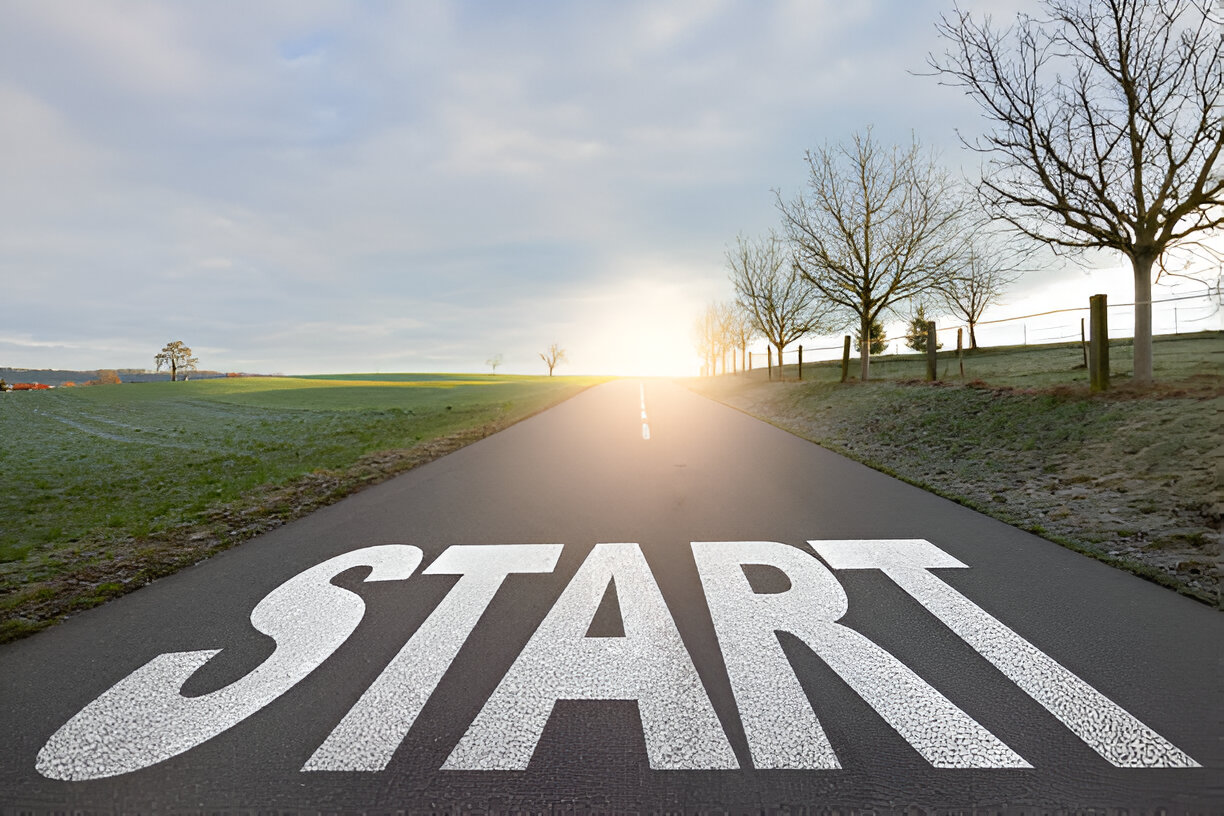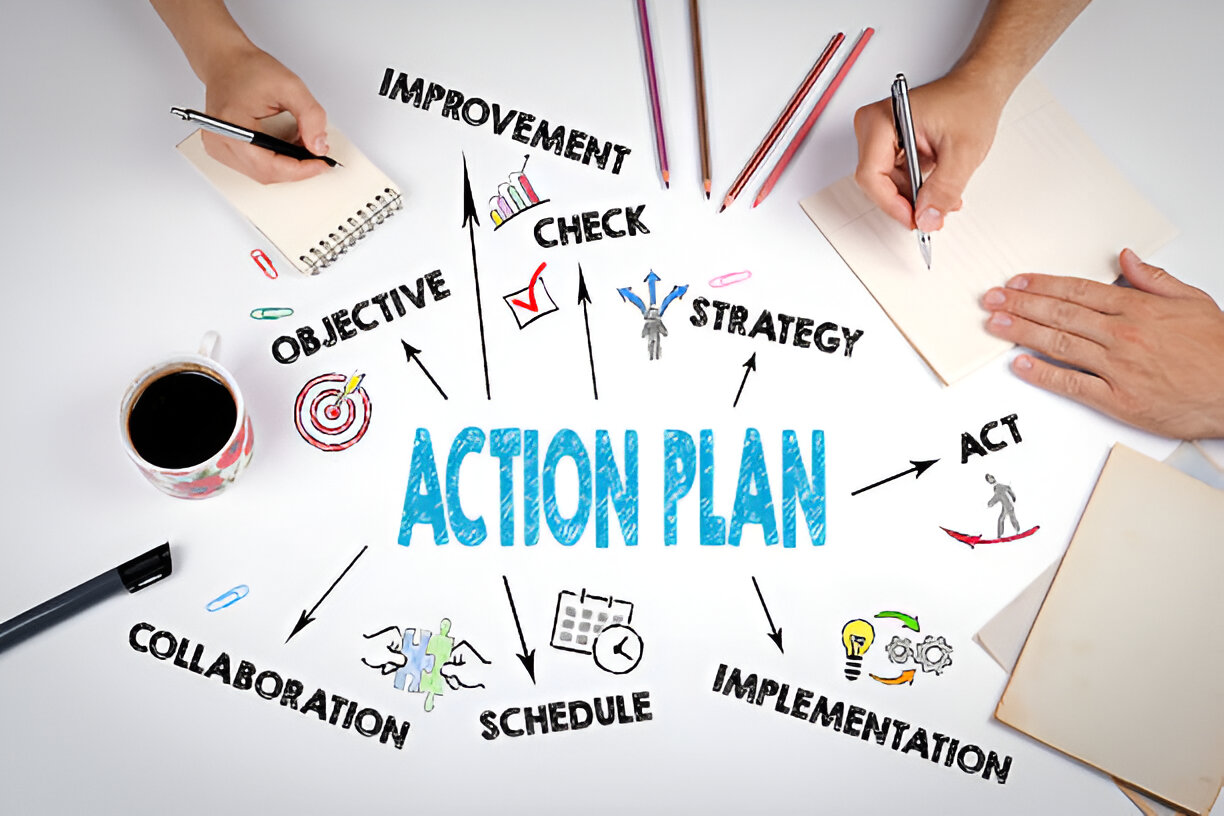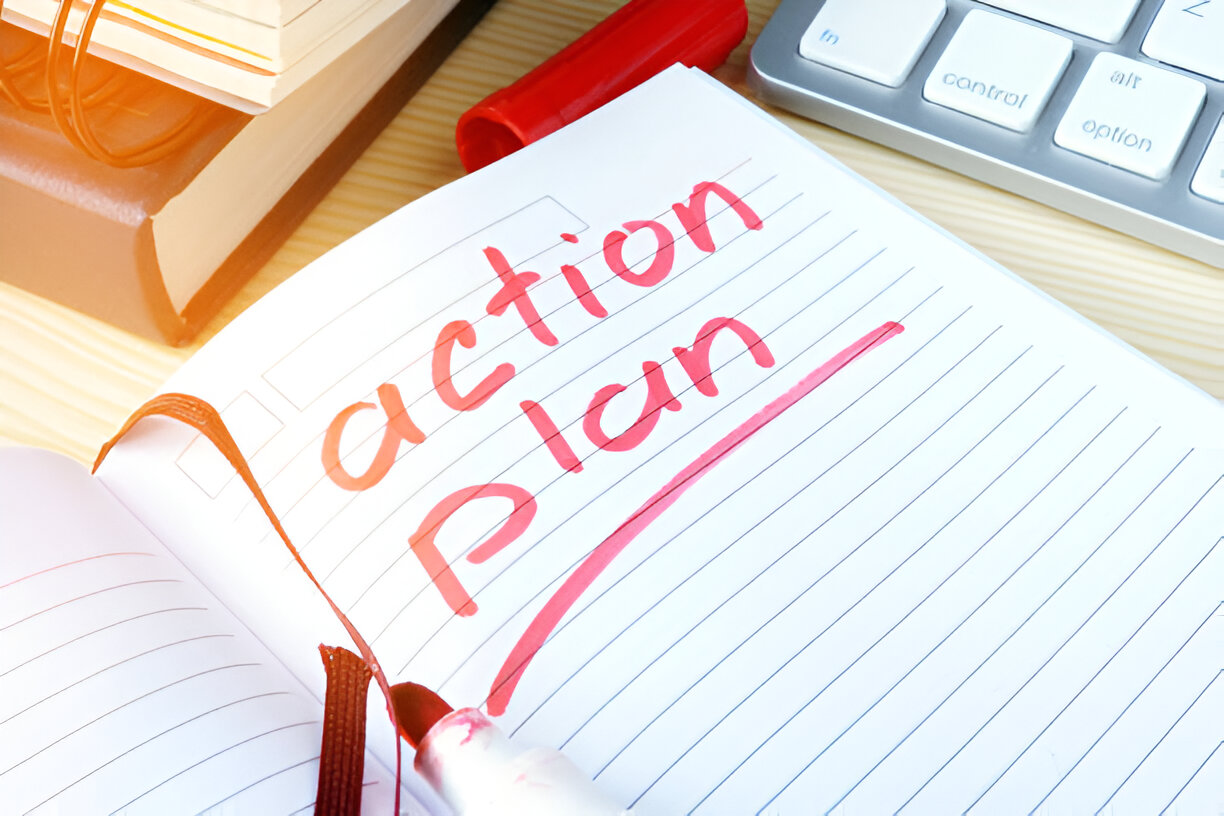
If you’re like most people, you probably don’t think much about your blood pressure unless you’re at the doctor’s office with a cuff around your arm.
Hypertension (blood pressure higher than 140/90) rarely presents symptoms, which is probably why only about a third of those with the problem even know they have it. And a number of people do: High blood pressure affects around one in three American adults.
The condition can be bad news if left untreated, raising your risk of such ailments as heart attack, stroke, kidney failure, and blindness.
Genetics and obesity contribute to hypertension in both men and women, but women have a special set of risk factors: According to the American Heart Association, a woman’s chance of developing high blood pressure increases if she’s pregnant or taking certain birth control pills. And the condition gets more likely for all of us as we age: People with normal blood pressure at age 55 have a 90 percent risk of becoming hypertensive.
Fortunately, there’s a lot you can do to outsmart high blood pressure, say experts. A study of nearly 84,000 women in the Journal of the American Medical Association found that making lifestyle changes now, such as eating a healthy diet and exercising regularly, may lower your risk of developing the condition later in life by as much as 78 percent. If you already have hypertension, lifestyle changes are equally important; they can sometimes reduce or eliminate the need for medication.
“Your blood pressure is really one of the best representations of how well you’re living — what you eat, how often you exercise, how you deal with stress,” says Mitchell Krucoff, M.D., a professor of cardiology at Duke University Medical Center in Durham, North Carolina. These key steps can keep your numbers in check.
Eat Wisely
A whole foods diet with lots of fruits, vegetables, legumes, whole grains, and healthy fats (monounsaturated and omega-3s) will help keep your blood pressure at healthy levels, says Stephen Devries, M.D., an associate professor in Northwestern University’s Division of Cardiology in Chicago.
For people with pre- to moderate hypertension, studies show the DASH (Dietary Approaches to Stop Hypertension) diet, which is based on many of the same principles, is a significant help in managing the condition.
Choose healthy proteins.
A study in the Journal of Hypertension found that women who ate more than one-and-a-half weekly servings of red meat had a significantly higher risk of hypertension than those who ate meat less often.
In another large study published in Circulation, people who ate higher proportions of vegetable protein (found in beans, soy, and whole grains) had lower blood pressure.
Other research shows that the omega-3 fats in certain fish may slightly decrease blood pressure as well. Cardiologist Mimi Guarneri, M.D., medical director of the Scripps Center for Integrative Medicine in San Diego, suggests aiming for two to three weekly servings of fatty fish like wild salmon and unsalted sardines.
Cut the salt.
The average American consumes in excess of 3,400 mg of salt a day but doesn’t need more than 2,300 mg — that’s about one teaspoon of table salt. Most of it comes from processed foods (as much as 77 percent, on average).
“There’s no question that sodium intake plays a key role in high blood pressure,” says Krucoff. Salt can increase your blood volume, making your heart pump harder and driving up your blood pressure.
In addition to eating a mainly whole foods diet (which is naturally low in salt), get in the habit of scanning labels for sodium content, advises Guarneri. Pay particular attention to canned soups and frozen meals, which tend to be salt mines. To season foods, opt for herbs and spices.
Boost your potassium intake.
Potassium is a mineral necessary for healthy blood pressure. A study in the Archives of Internal Medicine showed that increasing potassium and lowering salt proved more effective than making either change individually. Most adults need 4.7 grams of potassium daily, but many get only about half that much.
The best way to bump up your potassium is through a diet rich in foods like bananas, citrus fruits, avocados, tomatoes, potatoes, melons, and legumes, says Devries.
Get Moving
Exercise also plays a crucial role in preventing hypertension: It fortifies your heart, which reduces stress on your arteries and lowers blood pressure.
Aerobic activity — anything that gets your heart pumping — can lower systolic blood pressure (the top number, which gauges the pressure when the heart contracts) by 5 to 10 mm Hg (that’s the unit by which blood pressure is measured).
If you’re hovering at unhealthy levels, that may be enough to keep you off medication. Exercise can also help you get to a healthy weight and stay there, another important factor. In one review of studies, hypertensive people who lost 8.8 pounds lowered their systolic blood pressure by 6 mm Hg. Guarneri recommends at least 30 minutes of exercise on most days of the week.
Research also shows that regular strength training can help prevent — and even treat — hypertension. One review of published studies found that people who regularly lifted weights lowered their diastolic pressure (the bottom number, which gauges the pressure when the heart is at rest) by 3.5 mm Hg. Those in good health should make strength training a twice-a-week habit, says Guarneri.
Calm Down
Exercise helps fight another enemy of healthy blood pressure — stress. “Stress and anxiety are huge contributors to high blood pressure,” says Devries. Both stimulate your nervous system to raise levels of hormones like adrenaline and cortisol that narrow blood vessels and thus, over time, can increase your risk of developing hypertension.
Devries recommends mind-body disciplines like yoga and tai chi, which studies show can help decrease blood pressure.
You can also learn to cope just by recognizing what frazzles you most. Keep a journal to track your various stressors — financial concerns, relationship woes, workplace problems — as well as how you react to them. Simply being aware of the situations that set you off can leave you better prepared to handle them the next time.
And when you get a sudden attack of the nerves? Try deep breathing. “Just taking a few deep breaths can help relax your blood vessels,” explains Krucoff. Inhale and exhale for five seconds each, offers Guarneri. This simple exercise can work both in the moment and as a preventive measure (stop and breathe deeply several times throughout the day), keeping stress hormones in check.
For that matter, says Guarneri, “Anything that keeps your mind from wandering to negative thoughts will help.” Meditation is one option, but other gentle activities like listening to music, knitting, or reading a book might do the trick. The main point is that you make time every day to relax and check out.
Go-to Supplements
If you already have hypertension, these supplements (along with diet and lifestyle changes) can help, say our experts. Just consult with your doctor first, and take them only under her supervision.
Coenzyme Q10
Research suggests that people with hypertension have low blood levels of CoQ10, an antioxidant compound needed for basic cell functions. One 2007 review concluded that taking the supplement alone or along with hypertension medication looked promising for lowering blood pressure. Devries recommends 100 to 200 mg of CoQ10 a day.
Fish Oil
Studies show that the omega-3 fatty acids in fish oil supplements can benefit heart health in general, and specifically may improve the flexibility of blood vessels and lower blood pressure. Look for products that contain a mix of both eicosapentaenoic acid (EPA) and docosahexaenoic acid (DHA) omega-3s, and take at least 1 gram a day, says Guarneri.
Magnesium
A recent study in the Journal of Hypertension shows that patients with mildly elevated blood pressure who took magnesium supplements had “small but consistent” blood pressure reductions. Guarneri recommends taking 250 mg of chelated magnesium two times a day.






